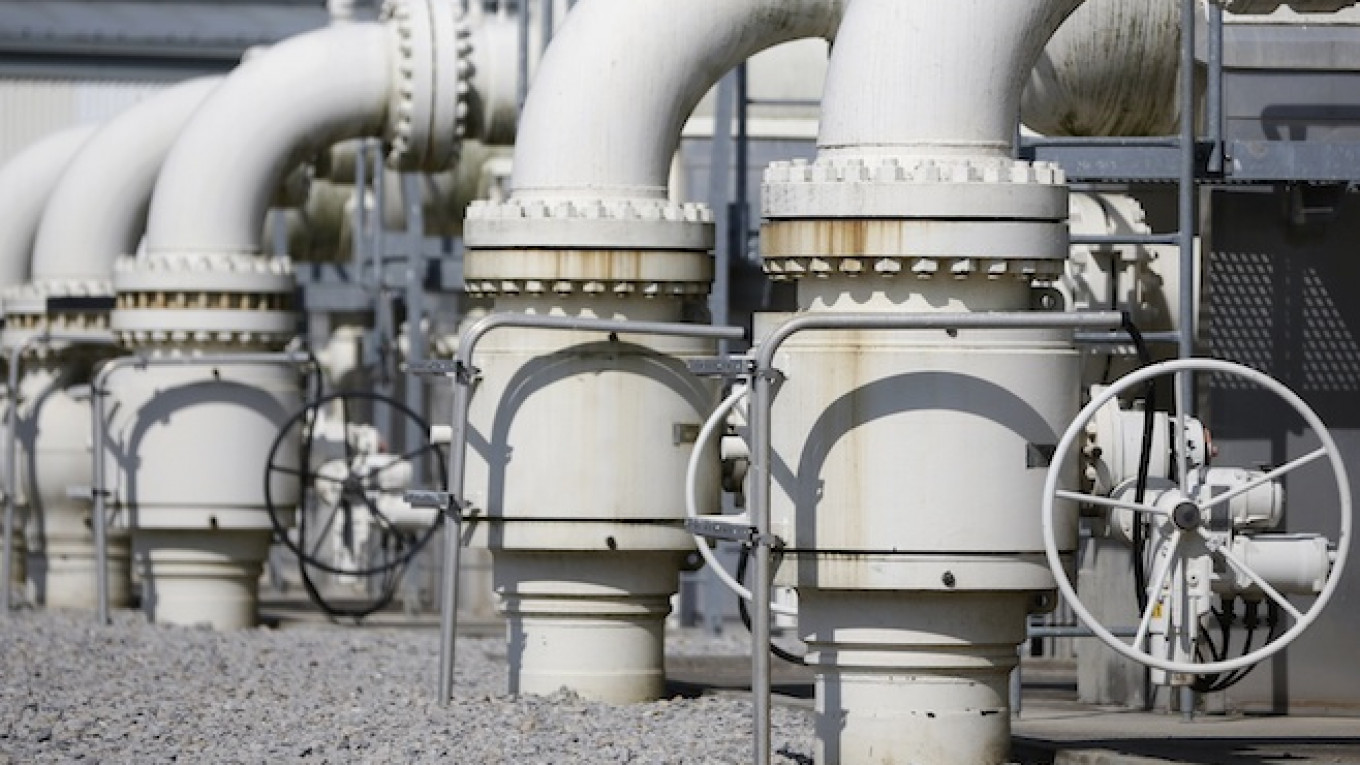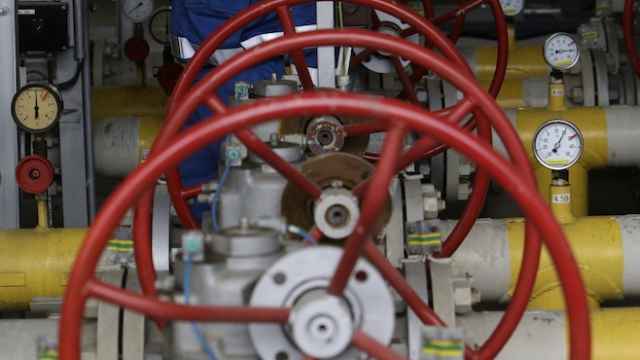PRAGUE — Slovakia could seek compensation from the EU on potential losses from replacing what it says is a shortfall in deliveries requested from its main supplier Russia over the past month, an economy ministry spokeswoman has said.
Poland, Slovakia, Austria and Hungary have all reported that Russia's state-controlled Gazprom has sent smaller deliveries than requested after the European Union began sending gas to Ukraine.
Slovakia, a major transit point for Russian gas through Ukraine to the EU, last week said that state importer SPP's flows from Russia were down more than 50 percent on its requested deliveries.
Gazprom, meanwhile, has said that its deliveries to the central European country had been stable in the preceding 10 days and that it was meeting its contractual obligations.
Slovakia has not calculated whether it has incurred losses as a result of recent deals to secure alternative gas supplies, but the economy ministry said that European Energy Commissioner Guenther Oettinger had confirmed that the country could be in line for compensation.
"The question will be raised at the nearest European Council meeting whether there is the will to compensate," Miriam Ziakova, an economy ministry spokeswoman, said in a telephone interview.
"Commissioner Oettinger confirmed Slovakia should get compensation if it calculates its losses."
Russia has halted gas flows to Ukraine three times in the past decade, in 2006, 2009 and since June this year.
Gas for the EU via Ukraine has continued to flow despite the pricing dispute between Moscow and Kiev, but analysts have said that the lower than expected deliveries across the region mark a clear warning that Russia would be prepared to retaliate this winter should Brussels impose further sanctions on Moscow over its intervention in Ukraine.
Slovak Prime Minister Robert Fico announced last week that SPP had concluded a five-year deal with E.ON Global Commodities to supply up to 2 million cubic meters of gas per day via Austria when needed.
SPP also announced a purchase of gas on the spot market in Austria, saying that deliveries would come in the fourth quarter of this year and first quarter of 2015 if needed.
A Message from The Moscow Times:
Dear readers,
We are facing unprecedented challenges. Russia's Prosecutor General's Office has designated The Moscow Times as an "undesirable" organization, criminalizing our work and putting our staff at risk of prosecution. This follows our earlier unjust labeling as a "foreign agent."
These actions are direct attempts to silence independent journalism in Russia. The authorities claim our work "discredits the decisions of the Russian leadership." We see things differently: we strive to provide accurate, unbiased reporting on Russia.
We, the journalists of The Moscow Times, refuse to be silenced. But to continue our work, we need your help.
Your support, no matter how small, makes a world of difference. If you can, please support us monthly starting from just $2. It's quick to set up, and every contribution makes a significant impact.
By supporting The Moscow Times, you're defending open, independent journalism in the face of repression. Thank you for standing with us.
Remind me later.






